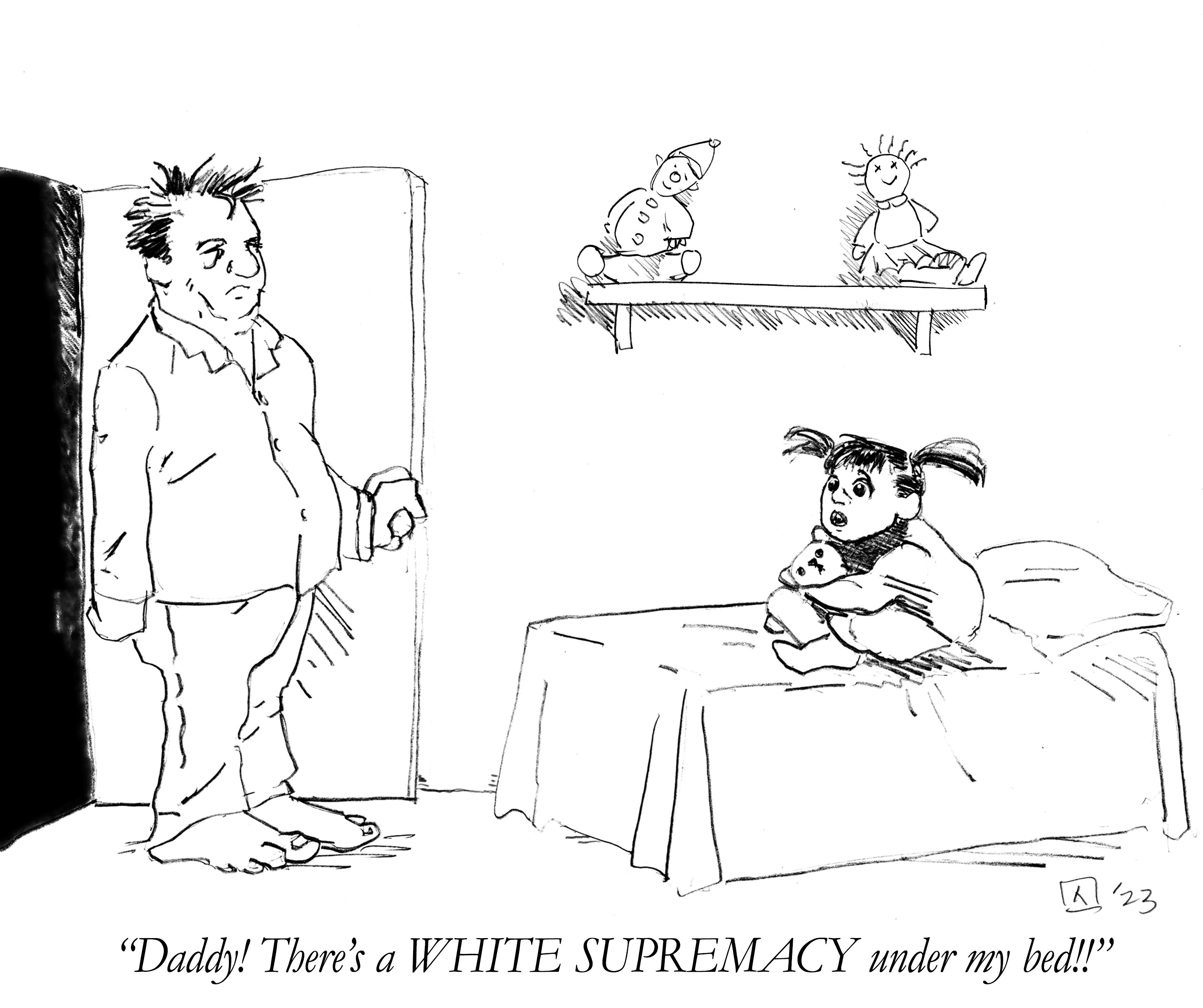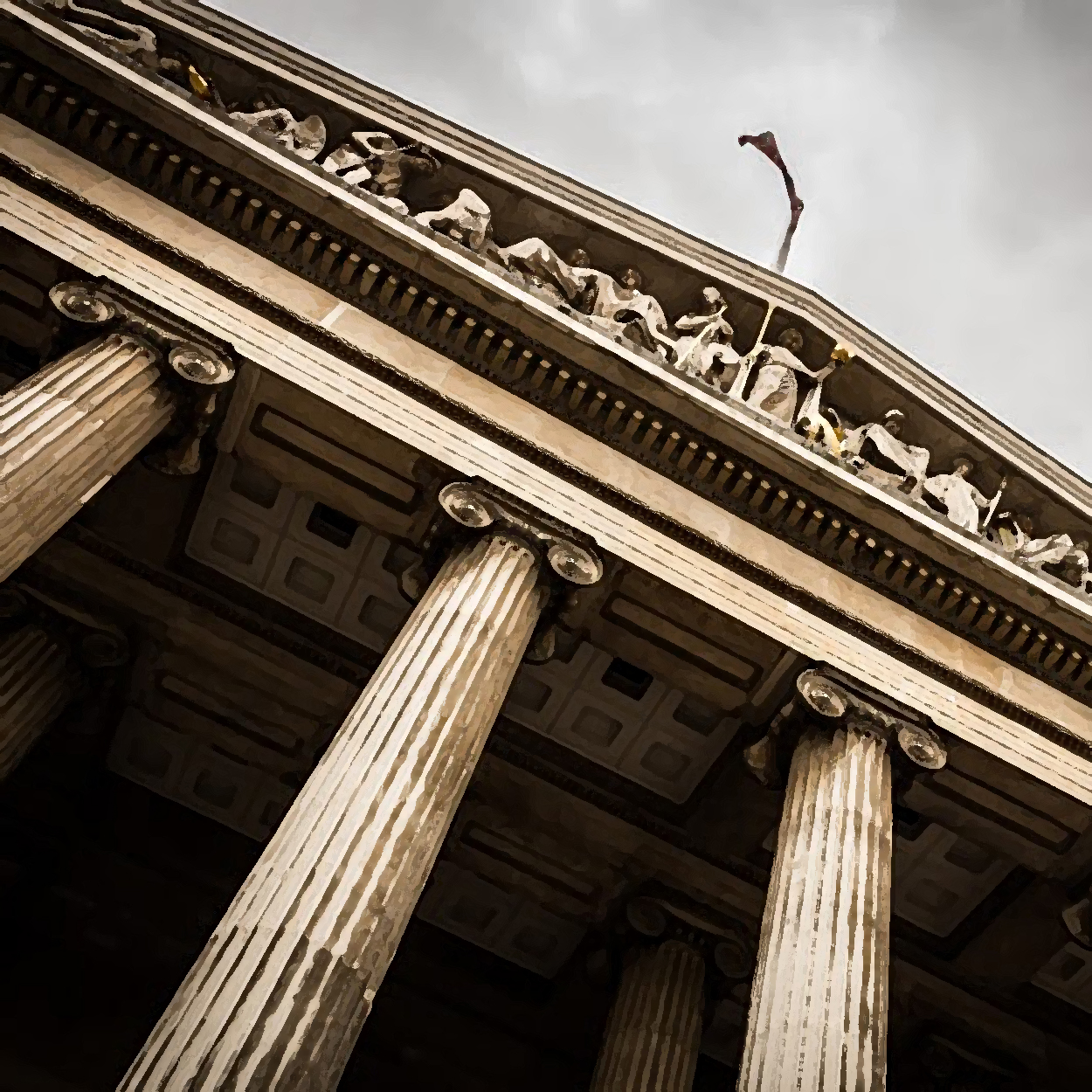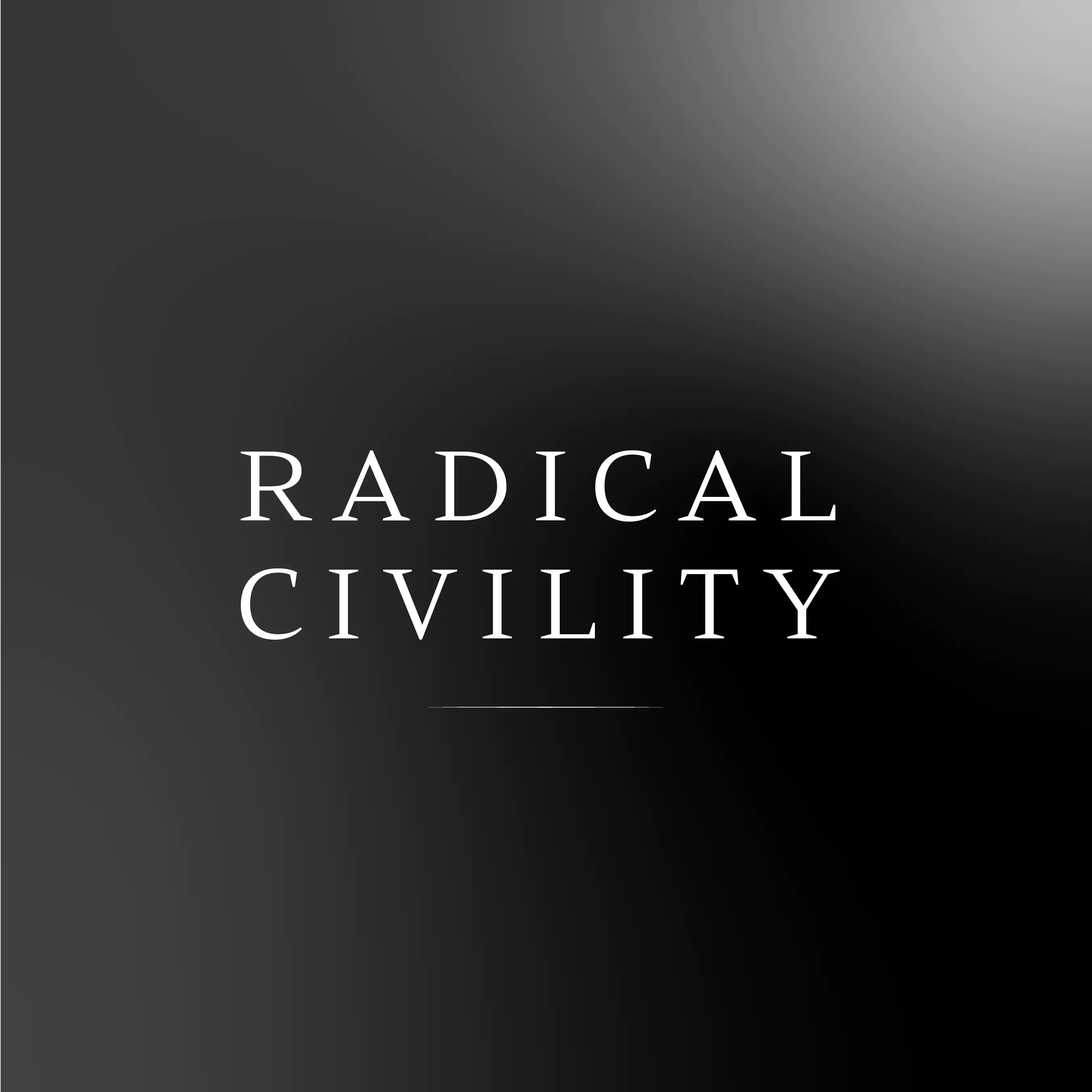Since the Supreme Court issued its decision in Dobbs overturning Roe v. Wade, people have been debating the implications of the decision for religious pluralism and religious liberty. Much of this rhetoric has been careless or over-the-top.
In this post, I will address two common arguments. First, that the Supreme Court’s decision imposes religion because the only reason one would oppose abortion is religious. Second, that bans on abortion violate the religious freedom rights of those who believe that abortion should be more widely available.
Opposition to Abortion is not Purely Religious in Nature
One argument that has been repeated ad nauseum is that the Supreme Court has imposed its religious beliefs on the nation. To be clear, the Supreme Court did not ban abortion but merely allowed states to do so. But at the center of this argument are two premises. First, that bans on abortion are purely religious in nature. And second, that laws and public policy should not be formed with religious and moral values in mind. Both of these arguments are wrong.
Opposition to abortion need not come from religious convictions. Instead, it can also rest on the biological reality that at the moment of conception a genetically distinct and independent human being is formed and that absent an abortion that child will likely be born and able to live his or her life. Intervening to prevent the killing of a child does not depend on religious doctrine regarding when the soul enters the body. Secular pro-life arguments may also focus on the adverse consequences of abortion on society. There are secular-pro life organizations organized to promote these secular and non-religious arguments.
Religiously Informed Arguments about Abortion Deserve a Place in the Public Square
It is true, however, that religious belief does inform the moral judgments made by many in the abortion debate. Our moral conviction that we are children of God informs our conclusion that fetal life is sacred and deserving of protection.
But there is nothing wrong or improper with legislative consideration of these kinds of moral judgments that are informed by religious conviction. Indeed all of our criminal code involves acts of moral judgment where we as a society evaluate what kind of behaviors are right or wrong. We determine for instance that murder is wrong, but that self-defense in certain circumstances can be justified. Doing so is an act of moral judgment that certain types of killings are blameworthy while others may be excused.
Efforts to exclude moral and religious arguments from the public square are in fact deeply contrary to America’s heritage of religious liberty. As Elder D. Todd Christofferson explained:
[R]eligious participation in public life is not only part of American history and a constitutionally protected freedom, it is also good for our nation. All laws and government policies are based on values—religious or otherwise. Everyone has a right to be heard—’to compete’—in the marketplaces of ideas and in influencing governmental decisions. To silence one voice potentially leads to silencing all others.
Religious voices are at least as deserving of being heard as any others. In fact, churches and other religious organizations bring unique experiences and perspectives to public policy debates. They recognize corrosive social forces that threaten faith, family, and freedom. They know personally about the hardships of family breakdown, unemployment, poverty, drug abuse, and numerous other social ills. Why? Because they are on the front lines helping individuals and families work through these wrenching problems. When they speak out, they do so not for selfish reasons, like the special-interest groups that constantly lobby our public officials, but out of concern for the people they minister to, their families, and society itself. They bring a moral—often cautionary—voice to matters of social and public policy that we desperately need in this age of materialism, self-promotion, and disruptive change. The perspectives of churches and religious leaders make an irreplaceable contribution to our ongoing democratic conversation about how we should live together. Their voices are essential.
And so are yours. If you are a person of faith, you have a critical contribution to make to our country and society. Public discussions about the common good are enriched by men and women like you who routinely put duty above convenience and conscience above personal advantage. Don’t be intimidated by those who claim that you are imposing your religious beliefs on others. In a pluralistic society, promoting one’s values for the good of society is not imposing them on others—it is putting them forward for consideration along with all others. Societies will choose and decide. To argue for what we believe will best serve the needs of the people and most benefit the common good. Without you, our political and social debates will lack the richness and insights needed to make wise decisions, and our nation and communities will suffer.
As Elder Christofferson powerfully explains, we all have a duty of “promoting one’s values for the good of society.” Taking action to defend the sanctity of life is no different. While there are a variety of secular pro-life arguments, we should be grateful for the participation and contributions of those with religious-based arguments. Religious arguments about the sanctity of life provide “richness and insights” that are sorely needed in our society.
The State’s Compelling Interest in Protecting Life Overcomes Religious Liberty Claims for Abortion Access
Another argument that has been widely raised since Dobbs is that the Supreme Court is violating the religious liberty of those whose faith holds that abortion should be available or even that it may be required in certain circumstances. Jewish beliefs about the value of protecting life, for instance, may strongly support abortion when the health of the mother is in jeopardy in circumstances broader than those allowed by the health of the mother exceptions codified in some states. For instance, many Jews interpret Jewish law (which holds a complex view of the status of a fetus in the womb, but generally holds that the spirit enters the body at birth) to allow abortion if a pregnancy would be psychologically traumatizing to a woman, while many states post-Roe will not allow abortions absent the risk of serious physical harm. “In a pluralistic society, promoting one’s values for the good of society is not imposing them on others—it is putting them forward for consideration along with all others.” D. Todd Christofferson
We all have a right to the free exercise of our religious beliefs, but not to inflict direct harm on someone else in the name of religious worship. Obviously, if someone felt that his faith compelled him to perform human sacrifice, the state could properly ban such a ritual. If you accept that an abortion is an act of direct violence on another human being, then it seems quite clear that the state could block such harm and indeed perhaps even has a moral and ethical obligation to do so.
Religious Liberty Claims for Abortion Access would Fail under both Existing and Prospective Religious Freedom Standards
Let’s look more concretely at how a religious freedom claim demanding the right to perform abortions would work in practice. In 1990, the U.S. The Supreme Court held that if a law is neutral towards religion (meaning it is not written with the intent of targeting religious exercise) and generally applicable (meaning it applies evenhandedly to religious and not religious activity), then religious freedom claims will generally fail. Thus, most abortion laws would survive unless the law was applied selectively against religious people or contained a whole bunch of exemptions except for religious convictions.
(The larger reality is a bit more complicated. Federal law would be more closely scrutinized under the Religious Freedom Restoration Act. And in many states, a more religious freedom-friendly standard applies as a result of state law or state constitutions).
In any event, I have long advocated that religious freedom claims should be protected more fully under the Constitution as they were before the Supreme Court’s disastrous decision in 1990. And the Supreme Court has in recent years strongly signaled that it is willing to overturn that case (Employment Division v. Smith).
If the Court did so, then a law that burdens or restricts religious worship would only be constitutional if it survives what is called “strict scrutiny.” In the case of abortion, a state would have to show that it has a compelling interest in preserving fetal life and that it could not protect fetal life in a manner that is less restrictive or burdensome on religious exercise.
Most abortion laws would survive challenges even under this standard. Protecting the life of a child is about as compelling an interest as possible. And with abortion, there are only two options, either the woman is allowed to have an abortion and terminate the child or not. Therefore, it’s unclear whether there is a viable less restrictive alternative that protects both fetal life and religious exercise. The state would therefore likely prevail and the abortion law could be applied without religious exemptions.
Religious Liberty Claims Might Succeed in Easing Burdens such as Notification Laws
There are, however, certain kinds of religious freedom claims that might succeed. I could see a religious claimant successfully seeking an exemption to an ultrasound, notification, or a waiting period law that was particularly burdensome on religious exercise. For instance, if a religion taught that women under the age of 18 should not be required to consult with their parents in making important life decisions, a teenager would likely be able to get a religious exemption to a parental notification law. Similarly, if a religious belief prohibited or discouraged the taking of ultrasounds, an exemption to a mandatory ultrasound law could likely become available. Granting a religious exemption to such laws would be feasible without undermining the state’s core interest in protecting fetal life. Religious freedom claims might therefore result in exemptions from specific laws burdening access to abortions, but without establishing a generalized religious freedom right to an abortion.
Religious Liberty Claims Might Support a Narrow Life of the Mother Exception (but so will other Constitutional provisions)
The final claim worth considering is a religious freedom claim when the life of the mother is in jeopardy. The obligation to protect the life of the mother is certainly a strong tenet of many (likely all) faiths. In such a case, a court might find the mother’s religious freedom claim sufficiently compelling to overpower any interest the state has in protecting fetal life. I therefore could imagine a religious exemption to any state law that doesn’t protect the life of the mother. But I also think that an abortion ban that did not protect the life of the mother would be unconstitutional in a variety of other ways. In any event, every single state already has an exemption when the life of the mother is in jeopardy.
Religious freedom claims surrounding abortion are therefore not wholly frivolous, but religious freedom challenges are unlikely to achieve what claimants truly want which is a more expansive right to an abortion than allowed by state laws.
Ultimately, abortion bans are based on the recognition that fetal life is human life and entitled to full protection. This understanding is not dependent on religious belief. Abortion bans are therefore not an imposition of religion. And while some religious people might sincerely believe that abortion should be more widely available, their claims would fail in light of the state’s morally compelling obligation to protect life.

















